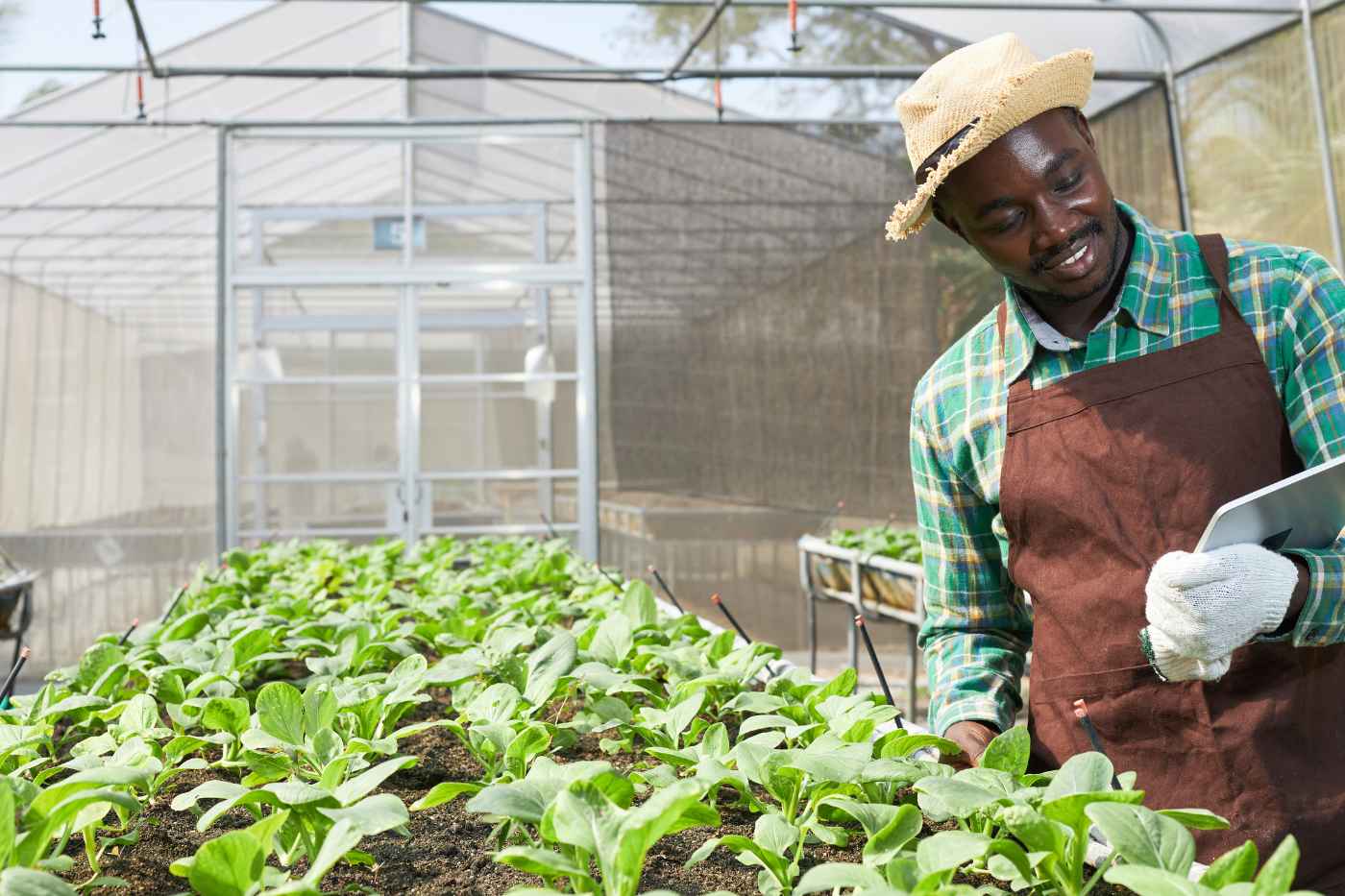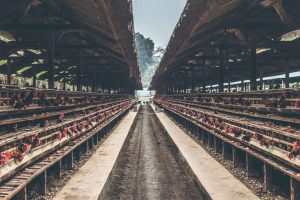Why Farming is the Backbone of Nigeria
Nigeria is a nation blessed with fertile lands and a vibrant agricultural heritage. Farming is not just a way of life for many Nigerians; it’s the cornerstone of the country’s economy, food security, and rural development. Let’s delve into why farming is so crucial for Nigeria’s success:
1. Food Security: Breadbasket of the Nation
Imagine a nation where supermarkets are empty and families struggle to put food on the table. This is a risk many countries face. However, a strong agricultural sector ensures Nigeria produces a significant portion of the food it consumes. From staple crops like yam and cassava to fruits and vegetables, Nigerian farms are the backbone of the nation’s food security.
2. Economic Engine: Jobs and Livelihoods
Nigerian agriculture employs a massive chunk of the population, particularly in rural areas. Farming provides income and sustains livelihoods for millions. It also fuels related industries like processing, packaging, and transportation. A thriving agricultural sector translates to a robust national economy.
3. Rural Development: Building a Brighter Future
When farming flourishes in rural areas, it creates a ripple effect. Improved infrastructure, better access to education and healthcare, and a rise in living standards often follow. By investing in agriculture, Nigeria can empower rural communities and create a brighter future for all.
4. Beyond Oil: Diversifying the Economy
Nigeria’s reliance on oil is well-documented. However, farming offers a chance to diversify the economy and reduce dependence on a single resource. By promoting agricultural exports, Nigeria can create a more stable and resilient economic landscape.
5. A Path to Sustainable Development
Sustainable farming practices that prioritize soil health and water conservation are essential for Nigeria’s long-term well-being. By embracing innovative techniques and responsible land management, Nigerian agriculture can contribute to a sustainable future for the nation.
In Conclusion
Farming is not simply a profession in Nigeria; it’s the bedrock of the country’s social and economic fabric. By prioritizing investment in agriculture, Nigeria can ensure food security, create jobs, empower rural communities, and pave the way for a more sustainable and prosperous future.




